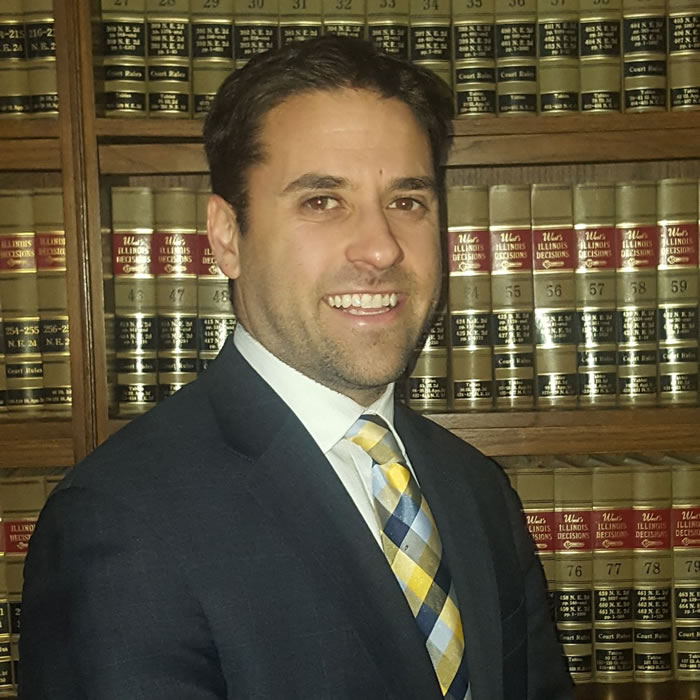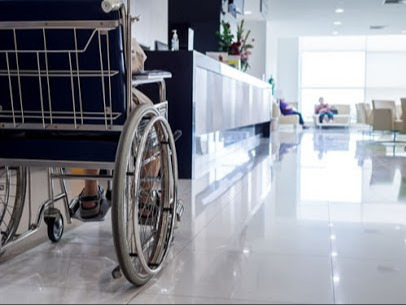How to Identify Nursing Home Neglect and Take Legal Action
Placing a loved one in a nursing home is a significant decision that comes with the hope they will receive the care and support they need. Unfortunately, not all nursing homes meet these expectations. Nursing home neglect can have serious consequences for vulnerable residents, leading to deteriorating health, emotional distress, and even life-threatening situations. Recognizing the signs of neglect and understanding how to take legal action is crucial for safeguarding your loved one’s well-being.
Signs of Nursing Home Neglect
Identifying nursing home neglect can be challenging, especially if you are not visiting regularly. However, there are several red flags to watch for that may indicate neglect is occurring:
- Unexplained Weight Loss: Significant weight loss can be a sign that your loved one is not receiving adequate nutrition or assistance with meals.
- Poor Hygiene: Neglected personal hygiene, such as unkempt hair, dirty clothes, or body odor, may indicate a lack of proper care.
- Frequent Falls or Injuries: If your loved one is experiencing a series of falls or unexplained bruises, it may point to inadequate supervision or unsafe living conditions.
- Bedsores: The presence of bedsores, or pressure ulcers, is a serious indicator of neglect, often resulting from prolonged immobility and lack of care.
- Emotional Distress: Changes in mood, such as withdrawal, anxiety, or depression, can suggest that a resident is experiencing emotional or psychological neglect.
- Neglected Medical Needs: If your loved one is not receiving necessary medications or medical attention, this can lead to further health complications.
Taking Legal Action
If you suspect that your loved one is experiencing neglect, it’s important to take immediate action to protect their rights and well-being. Here are the steps you can take:
1. Document Your Observations
Start by keeping detailed records of your observations. Take notes on any signs of neglect, including dates, times, and specific incidents. Photographs of any visible injuries, poor living conditions, or signs of neglect can also serve as crucial evidence.
2. Communicate with Staff
When you notice signs of neglect, speak with the nursing home staff or management about your concerns. Document these conversations, including the names of individuals you spoke with and their responses. Sometimes, issues can be resolved directly through communication.
3. Report to the Authorities
If your concerns are not addressed satisfactorily, consider reporting the nursing home to the appropriate regulatory authorities. In the United States, nursing homes are regulated by state agencies, and you can file a complaint through your state’s Department of Health or similar entity.
4. Consult with a Personal Injury Attorney
If you believe that neglect is significantly affecting your loved one’s health and well-being, consulting with an experienced personal injury attorney is crucial. They can help you navigate the legal process and provide guidance on filing a claim against the nursing home for negligence. A skilled attorney will investigate the situation, gather evidence, and advocate for your loved one’s rights.
5. File a Lawsuit if Necessary
If necessary, your attorney can help you file a lawsuit against the nursing home. A successful claim may result in compensation for your loved one’s suffering, including medical expenses, pain and suffering, and emotional distress. Additionally, holding the facility accountable can lead to changes that improve conditions for other residents.
Conclusion
Recognizing nursing home neglect is essential for protecting your loved one and ensuring they receive the care they deserve. By being vigilant and aware of the signs of neglect, you can take action to safeguard their health and well-being. If you suspect neglect is occurring, don’t hesitate to document your findings, communicate with the facility, and seek legal advice from a nursing home neglect attorney in Belleville, IL. Taking these steps can not only help your family member but also contribute to improving the overall quality of care in nursing homes. Remember, you are not alone in this journey—there are resources and professionals available to support you in seeking justice for your loved one.

Daniel C. Katzman is a Partner at Katzman & Sugden, LLC and is licensed to practice law in Illinois and Missouri. Daniel was born and raised in Belleville, Illinois where his dad, Steven E. Katzman has had his law office for over 40 years. Daniel joined the law firm of Katzman & Sugden, LLC after receiving his J.D. from St. Louis University School of Law in 2011, where he earned certificates in Health Law and Employment Law. Prior to that, he received his undergraduate degree in Health: Science, Society & Policy from Brandeis University in Waltham, Massachusetts. Combining his background in health policy and law, Daniel focuses his practice on assisting clients who have been injured through no fault of their own. He is admitted to practice law in Illinois, Missouri, the United States District Court for the Southern District of Illinois, and the United States District Court for the Eastern District of Missouri.

